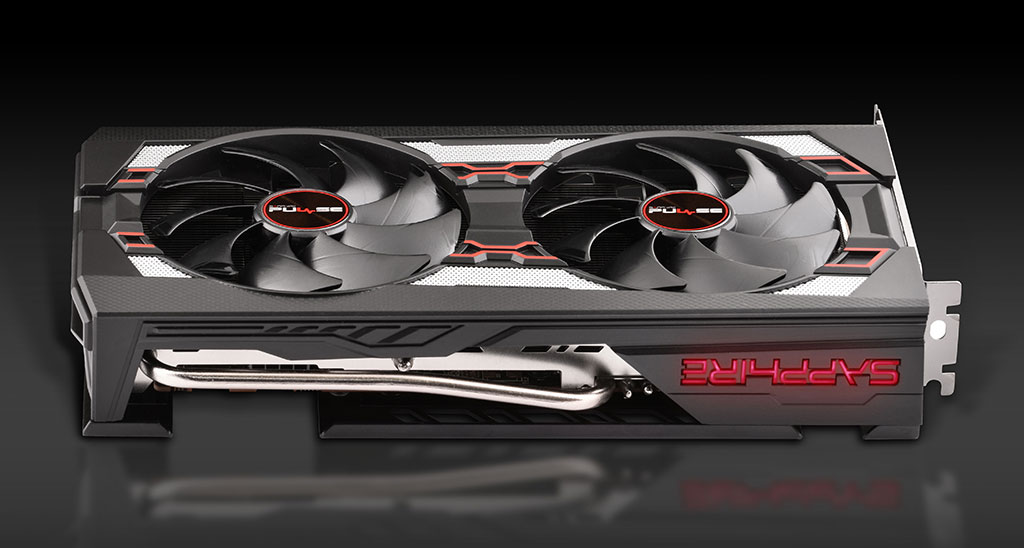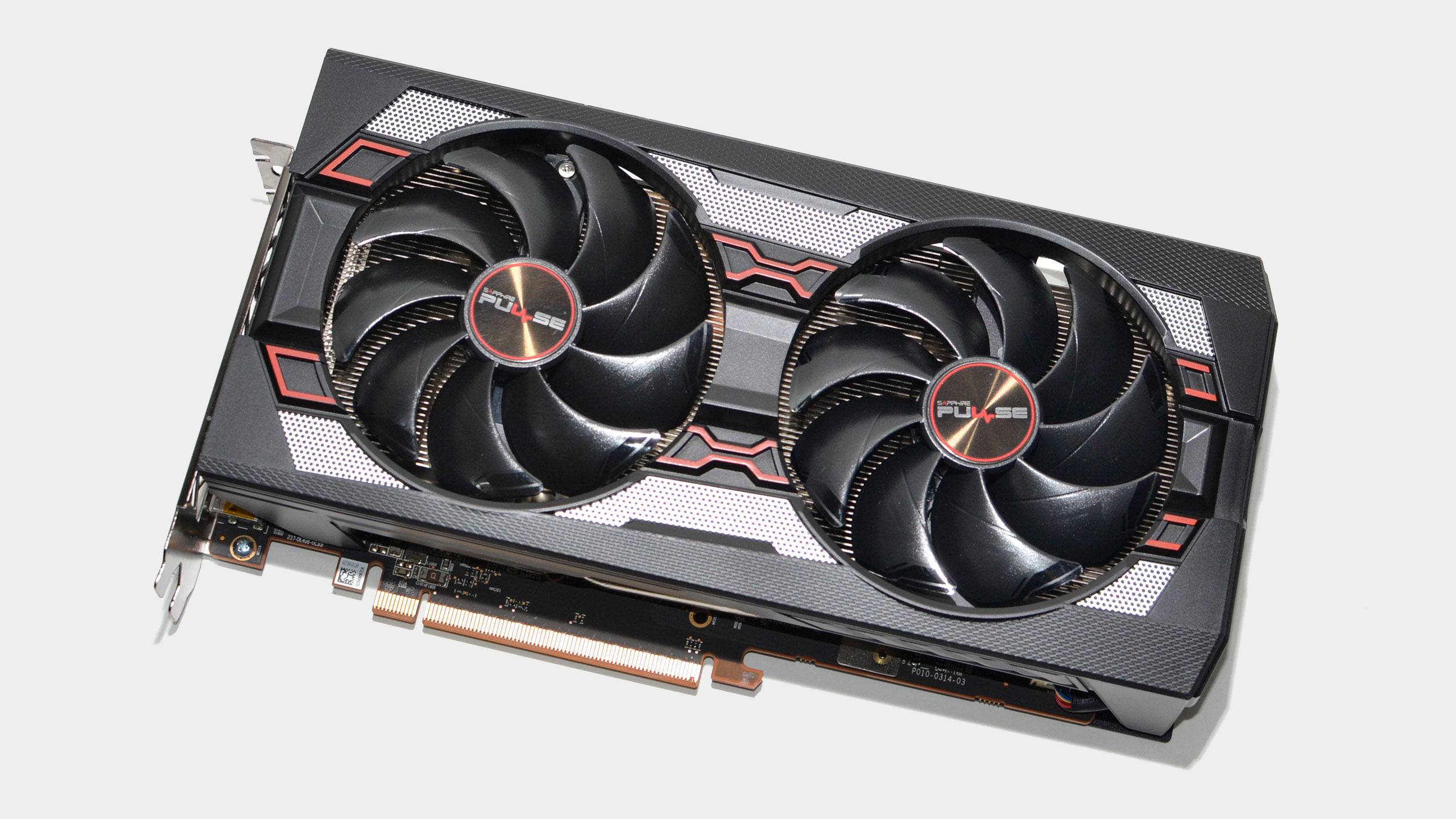Rumor: AMD's 5600 XT may launch with faster clocks to counter RTX 2060 price cut
The GPU dance between AMD and Nvidia continues.

This is turning into a bit of a whirlwind week in the land of graphics cards. In case you missed it, Nvidia on Thursday officially slashed the price of its GeForce RTX 2060 Founders Edition to $299 in an obvious attempt to steal some thunder from AMD's upcoming Radeon RX 5600 XT launch. As that draws near (next Tuesday), rumor has it AMD is pushing out a VBIOS update to its board partners to enable significantly faster game and boost clocks.
I'll get to the rumor in a moment, but let's go over the specifications of the 5600 XT. It represents the newest member of AMD's Navi-based graphics card lineup, with 36 compute units, 2,304 stream processors, and 6GB of GDDR6 memory (12Gbps) pushing data through a 192-bit bus.
AMD lists the stock game frequency at 1,375MHz and the stock boost frequency at 1,560MHz. With those specs in tow, AMD claims the RX 5600 XT is faster than Nvidia's GeForce GTX 1660 Ti, both of which are priced at $279.
It remains to be seen how the cards compare to one in another in actual gaming performance, but it's telling that Nvidia opted to drop the price of the RTX 2060 from $349 to $299, now making just $20 more expensive than the 5600 XT.
Now let's go back to the rumor mill. According to HKEPC, AMD is bumping the game clock to 1,615MHz and boost clock to 1,750MHz, or +240MHz and +190MHz, respectively. Those are not insignificant differences, if the rumor turns out to be true.
While AMD is still showing the slower clocks on its website, Sapphire, a close partner of AMD's, interestingly updated the specifications on its Pulse Radeon RX 5600 XT product page with the rumored clocks (hat tip to Videocardz for spotting this). It's also worth noting that Sapphire now lists the memory clock at 14Gbps instead of 12Gbps.

The fallout of the RTX 2060 price drop isn't limited to the RX 5600 XT, either. It's supposedly only the Founders Edition and EVGA's new KO model, but other manufacturers are sure to follow. That leaves the 1660 Ti in an odd place, and prices are starting to fall on that card—this Gigabyte GTX 1660 Ti for example is $239 after rebates. That could have a ripple down effect on other cards like the 1660 Super, regular 1660, etc. Prices on AMD's cards might shift as well.
Keep up to date with the most important stories and the best deals, as picked by the PC Gamer team.
We'll have to wait a few days to know for sure what's going on. However, this would not be the first time AMD and Nvidia did this kind of dance. As I wrote about last week (in regards to EVGA's GeForce RTX 2060 KO edition cards), AMD claims it baited Nvidia into launching its GeForce RTX Super cards by announcing its Radeon RX 5700 series at higher prices than it actually intended to sell them for. After Nvidia launched the Super models, AMD then dropped the price of the 5700 XT from $499 to $399 and the 5700 from $379 to $349 at the final hour, just before launch.
Paul has been playing PC games and raking his knuckles on computer hardware since the Commodore 64. He does not have any tattoos, but thinks it would be cool to get one that reads LOAD"*",8,1. In his off time, he rides motorcycles and wrestles alligators (only one of those is true).


